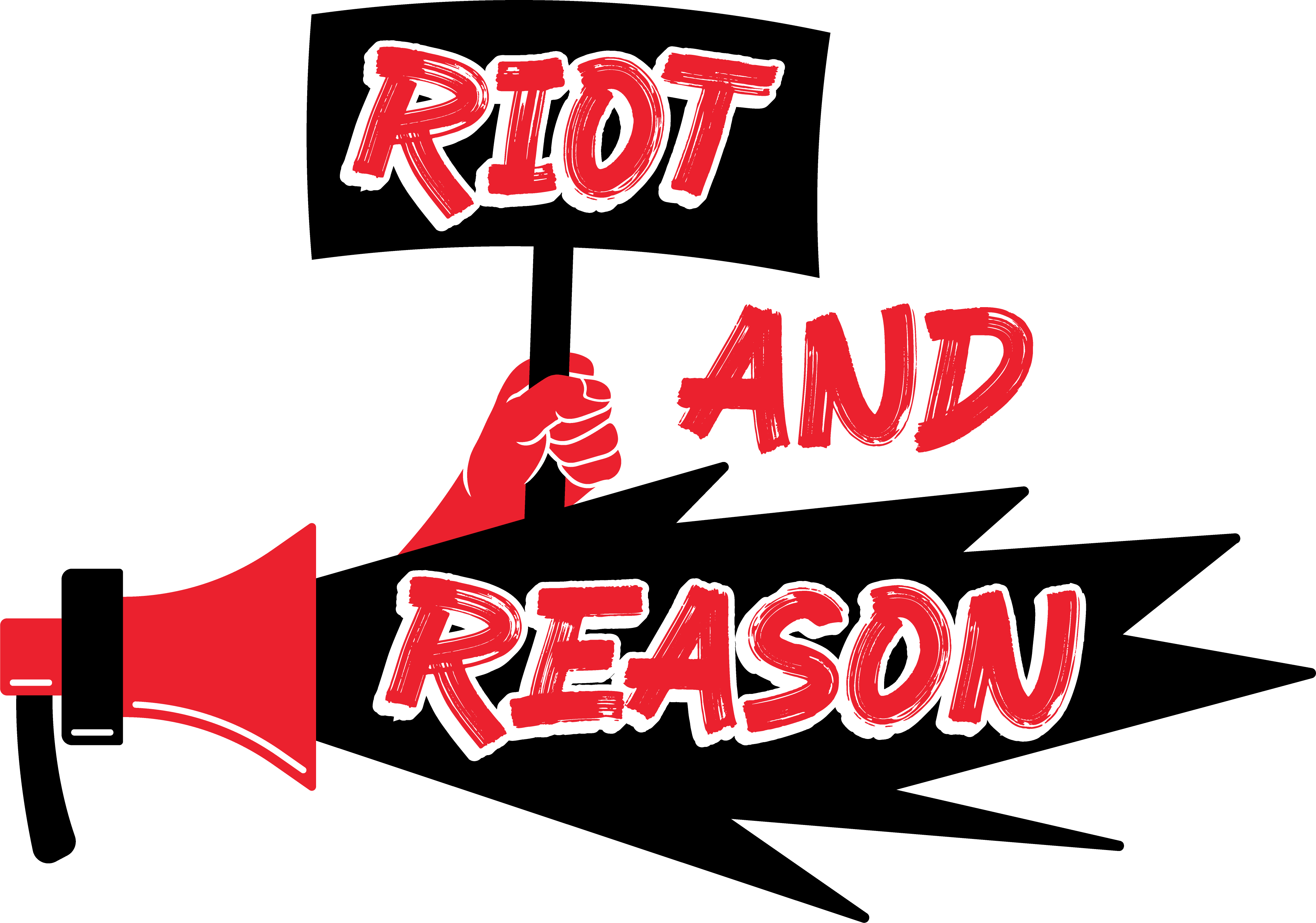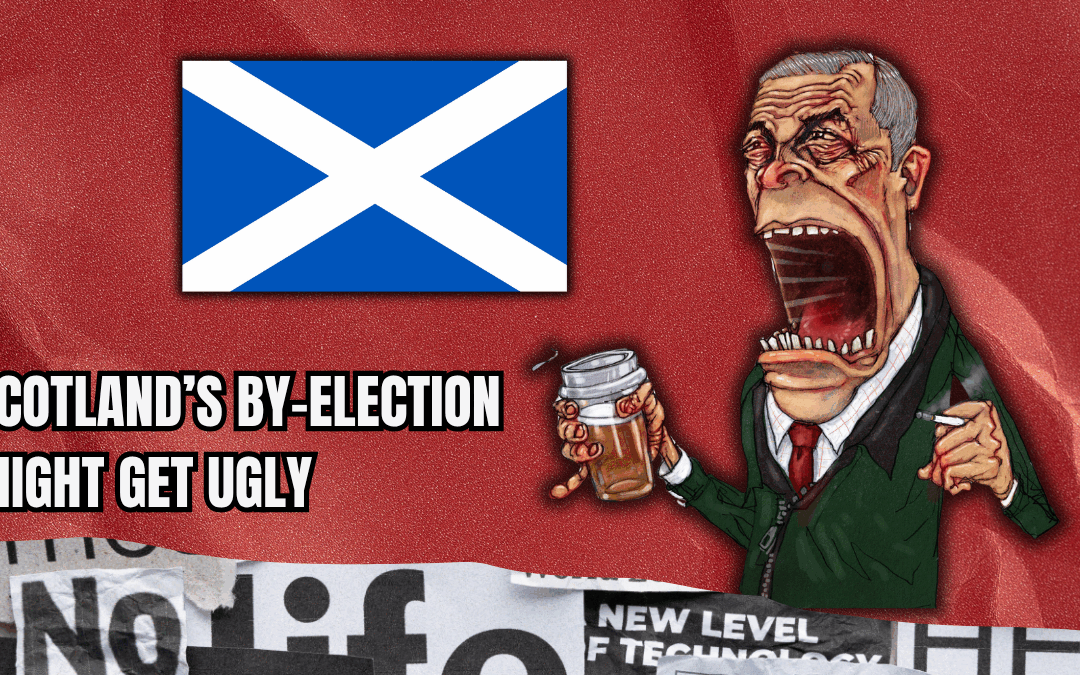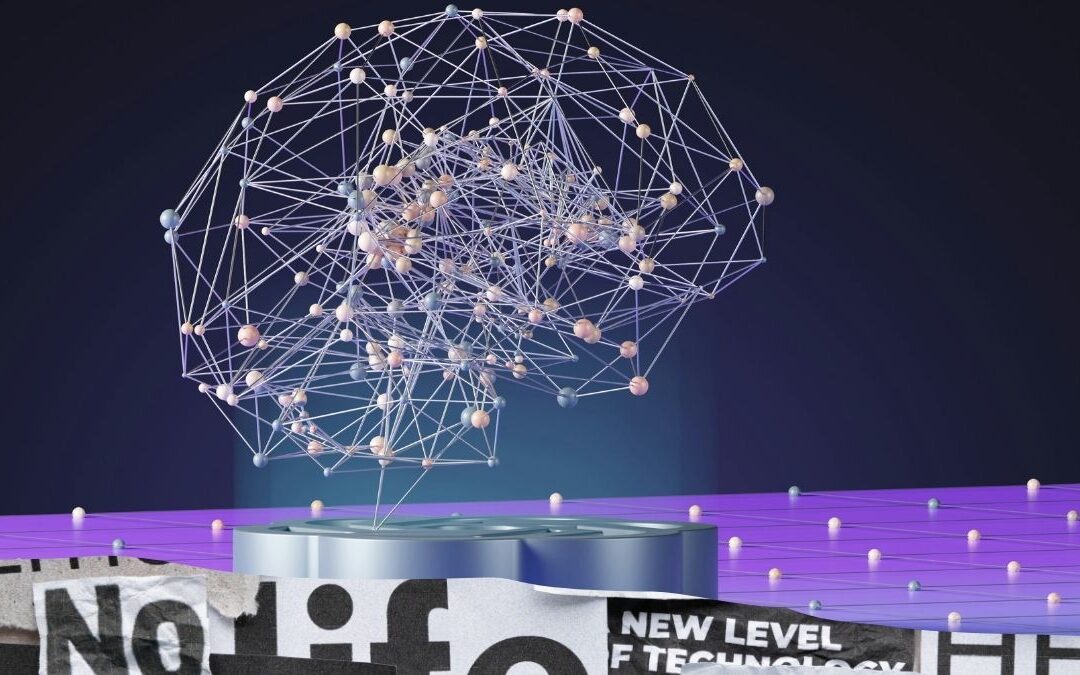
As media vanishes behind paywalls , digital piracy step in, not just to steal but preserve what corporations would rather let it sink
Before your teacher slapped Narnia for the 5th time in the film club in year three, you were treated to another masterpiece of film making beforehand. The piracy warning. “You wouldn’t steal a car, you wouldn’t steal a purse, downloading pirated movies is stealing.” The iconic words and grungy rock music engraved into the core memories of millennials and early gen z. But did we heed its message? No, apparently, but is it all that bad?
Digital piracy is as big as ever with Scoredetect, reporting that video piracy cost $75 billion in annual losses in 2025 and is growing at 11% per year.
But some might say that these digital buccaneers are serving the masses.
In a landscape where companies are siphoning your already dwindling wallet with more and more extortionate subscriptions, but when someone offers a free singular library with all the content they need, it’s hard to resist the siren of the digital seas.
And when ownership is increasingly out of our hands, these pirates have stumbled into becoming archivists, historians and media preservationists, scouring the waves of the internet for lost media treasure finding and keeping knowledge and art in the hands of the masses, from that niche forgotten TV show with only two episodes, that old movie or that rare album as well as a 1080p copy of Stuart Little 2.
But there is a reason the practice is illegal and they don’t stop at getting you a copy of an olf book to move. Just like the maritime mercenaries of old digital pirates can be just as harmful, stealing and selling personal data and inflicting malware and fraud.
And the damage it does to the creative industry can cost the jobs and lively hoods of many creatives. The fat cats running the show, pricing you out of your media are at fault not the artists and whatever damage is done, the people lower down the ladder, working hard to make the product will face the brunt.
Theft is obviously wrong and when you can ethically purchase content you should, but the problem is not with marvel movies or a Taylor Swift song. Those are readily available to purchase but for more niche, region locked or culturally orphaned media, piracy may be one of the only available ways to consume it, and filling the gap the bigger corporations have chosen to ignore. David Lynch’s Eraserhead and Wild Heart is unavailable to stream in th UK.
Physical media has been on the decline for more than a decade and with it, access to countless works is vanishing. As content becomes subscription-tethered and sometimes erased entirely from official platforms, pirates inadvertently become the curators of culture.
Finding Nemo shifted 38.8 million copies in 2003 but since then, according to CNBC, US DVD sales declined by 86% in the US between 2006 and 2019. With streamers removing content on whim, sometimes forever turning to piracy may be the last resort.
But luckily people are recognising this and the purchasing of media is on the rise again and it is not just the older generation clinging onto the past but younger people recognising the importance of preserving their media. According to the Motion Picture association 25 to 39 year olds are the most likely to watch DVDs.
But even this comes at a premium. Companies like celluloid dream and most famously the criterion collection focus on curating a collection of lost classics and cult favourites and releasing these coveted classics at a premium price point. It makes a shift as physical media moves mass market to premium collectors’ items and some media today might never see a physical release. Streaming original content may be resigned to digital limbo, to be erased at any point.
The internet archive started in 1996 to provide a digital library of knowledge for all and in 2001 launched the wayback machine which captured books, movies, audio, and web pages.
It has been a lifeline for researchers, journalists, and everyday users looking to revisit lost media, defunct websites, or censored content
The Internet Archive functions as a digital time capsule—proof that not everything online has to be temporary. It’s a form of resistance to the impermanence of digital culture, and a reminder that access to information shouldn’t expire with a licensing deal.
But it is a small dog in a big fight: archived media can be removed due to copyright takedown requests, and as the Archive has faced increasing legal pressure from publishers and media companies. And while it’s an impressive preservation effort, it’s still not a perfect backup of the internet. It’s more like a patchwork quilt than a full copy. So while it’s an incredible tool for digital archaeology, it’s not a guaranteed way to access all lost or censored content.
2003 Peter Sunde, together with Fredrik Neij and Gottfrid Svartholm, started The Pirate Bay, a website that would go on to become the biggest and most famous file-sharing website in the world. After being arrested and incarcerated for their internet piracy. They preached for a free and open internet.

Sunde said in an interview with VICE, “ we think of the internet like this new kind of Wild West place, and things are not in chains yet, so we don’t care because everything will be OK anyhow. But that is not really the case. We have never seen this amount of centralization, extreme inequality, extreme capitalism in any system before. But according to the marketing done by people like Mark Zuckerberg and companies like Google, it’s all to help with the open network and to spread democracy, and so on. At the same time, they are capitalistic monopolies. So it’s like trusting the enemy to do good deeds. It is really bizarre.”
Now if that doesn’t sound like Blackbeard calling out the king I don’t know what is. He went on to say that the fight for an internet was lost to capitalist greed.
So, what does that leave us with? A generation caught between a shrinking marketplace for physical media and an increasingly fragmented digital landscape, where content can disappear with a licensing dispute or on a corporate whim. Pirates aren’t saints—but they’re not the cartoon villains of those old anti-piracy ads either. They’re filling a cultural void, one torrent at a time.
Yes, we should support creators. Yes, we should buy what we can. But we also need to ask why so much of our cultural history is becoming harder to access legally. If companies won’t preserve and provide, people will find a way.
So hoist the sails, grab your eyepatch, your keyboard and remember: sometimes, piracy isn’t just about stealing, it’s about remembering what they forgot.






